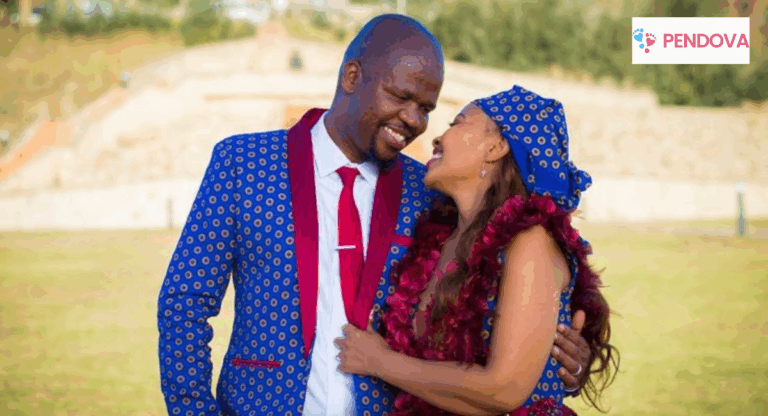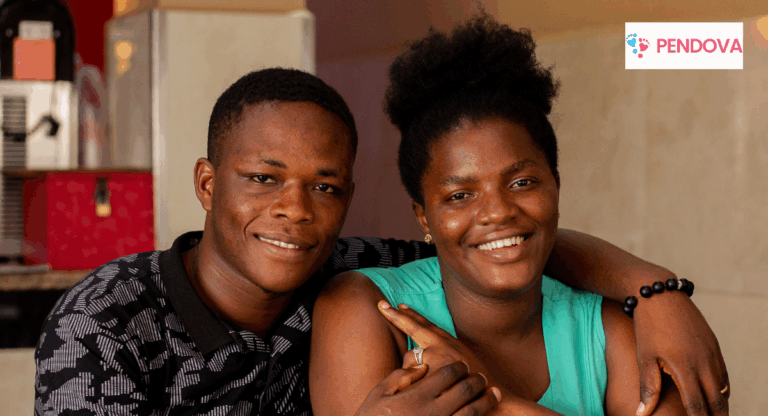Exploring Kenyan Communication Styles and Cultural Norms

Kenya is a beautiful country known for its warm-hearted people, colorful traditions, and deep sense of community. It lies in East Africa and is home to more than 40 ethnic groups, each with its own unique language, customs, and ways of life. This cultural mix makes Kenya one of the most diverse nations in Africa. Because of this diversity, the way people communicate can vary from one region to another what might be polite in one culture could mean something different in another.
For travelers, business professionals, and anyone moving to Kenya, understanding these communication styles is very important. It helps you build stronger connections, avoid misunderstandings, and show respect for local customs. Whether you are visiting for work, study, or tourism, learning how Kenyans express themselves both through words and actions can make your experience warmer, friendlier, and more meaningful.
Download Pendova on Google Playstore:

iOS Users can access Pendova app on web.pendova.com
1. The Influence of Culture and Community
Culture and community strongly shape how Kenyans communicate. With over 40 ethnic groups, Kenya is rich in languages and traditions. The official languages are English and Swahili, but many people also speak their mother tongue, like Kikuyu, Luo, or Kalenjin, especially in family or community settings.
In Kenya, communication is about building relationships, not just sharing information. People usually start conversations with warm greetings and small talk before moving to serious topics. This shows respect and friendliness. Jumping straight to business may seem rude or rushed.
Respect for elders and leaders is very important. Kenyans often speak in a calm and polite tone, showing good manners and humility. The spirit of togetherness often described by the African idea of “Ubuntu” (I am because we are) reminds everyone that kindness, respect, and community come first in all forms of communication.
2. Verbal Communication in Kenya
Kenyans usually prefer a polite and indirect way of speaking. Communication focuses on harmony and respect rather than confrontation. Instead of saying “no” directly, a Kenyan might respond with phrases like “we’ll see,” “maybe later,” or “I’ll think about it.” This softens the message and avoids making the other person feel uncomfortable.
Greetings are a vital part of Kenyan conversation. They show respect and friendliness. A simple “Jambo” or “Habari yako?” (How are you?) can instantly make the other person feel welcome and respected. In most settings, skipping greetings or jumping straight to business may come across as rude or disrespectful.
Storytelling and proverbs are an important part of communication, especially in rural communities. Kenyans use them to share wisdom, make a point, or teach life lessons. For example, the popular saying “Haraka haraka haina baraka” (Hurry, hurry has no blessings) means that rushing things often leads to mistakes. Such expressions reflect Kenya’s deep cultural appreciation for patience, thoughtfulness, and wisdom in speech.
3. Non-Verbal Communication
In Kenya, non-verbal communication plays a big role in expressing emotions and reinforcing spoken words. A smile is a universal symbol of warmth and friendliness, while nodding shows attentiveness or agreement.
Eye contact is valued, but balance is important. Looking someone in the eyes shows sincerity, but staring too long can be seen as disrespectful, especially when speaking to elders or authority figures. Similarly, showing humility through posture, like slightly lowering your head when greeting an older person, is a sign of respect.
Kenyans are usually comfortable with close personal space, especially among friends or family. Handshakes are the most common form of greeting for both men and women, often accompanied by a smile or a few kind words. However, in some rural areas, women may show respect through a small bow or nod instead of a handshake.
Gestures also carry meaning. Pointing with one finger may appear rude, so people often use the whole hand instead. Physical touch, such as a light tap on the arm, can show friendliness but only when there is mutual comfort.
4. Communication in Professional and Business Settings
In business and formal environments, communication in Kenya is respectful, polite, and relationship-oriented. Titles like Mr., Mrs., Dr., or Professor are used when addressing others, especially during introductions or meetings. Using someone’s title shows respect and professionalism.
Meetings often begin with small talk about family, health, or travel before discussing business matters. This helps build trust and personal connection, which are highly valued in Kenyan culture. Being too direct or rushing through a meeting can be viewed as impolite.
Hierarchy and authority play a major role in decision-making. Senior staff or elders are expected to lead the discussion, and their opinions are often given priority. Patience is important when waiting for approvals or feedback.
In cities like Nairobi or Mombasa, punctuality is taken seriously, especially in corporate settings. However, in rural areas, time may be viewed more flexibly. Maintaining a calm tone and respectful language is always the best approach, even during disagreements or negotiations.
5. Gender and Generational Differences
Communication styles in Kenya can differ based on age and gender. Elders are deeply respected, and younger people are expected to greet them first, listen more, and use polite language. Addressing older men as Mzee (elder) or older women respectfully by titles like Mama shows good manners.
Traditionally, men took on more speaking roles in public or community meetings. However, this is changing quickly, especially in urban areas, where women are increasingly taking leadership positions in business, politics, and education. Today, both men and women express themselves confidently in most settings.
Generational differences are also clear. Younger Kenyans, especially in cities, tend to communicate more openly and directly, often mixing English, Swahili, and slang. Yet, even with these modern styles, respect for elders and polite conversation remain deeply valued across all generations.
6. Modern Influences on Kenyan Communication
Modern life and technology have transformed how Kenyans communicate. Mobile phones, social media, and instant messaging apps like WhatsApp and Facebook are now a big part of everyday life. These tools make communication faster, more casual, and more global.
Among young people, a new urban slang called Sheng, a mix of English and Swahili, is widely spoken. It represents creativity and cultural identity, especially in cities like Nairobi. While older generations may prefer traditional languages or formal speech, many Kenyans easily switch between several languages depending on the situation.
Globalization has also introduced more direct communication styles, especially in business. Still, traditional values like respect, politeness, and a strong sense of community remain central to Kenyan communication.
Conclusion
Communication in Kenya beautifully blends tradition and modern life. From respectful greetings and warm smiles to the growing use of technology, Kenyans value kindness, connection, and community.
Whether you’re visiting, working, or living in Kenya, taking time to greet people, listen carefully, and show respect can make every interaction more meaningful. Understanding these cultural norms helps you connect deeply with locals and experience the genuine warmth that Kenya is known for. For more helpful guides and cultural insights like this, visit Pendova.com and explore more about life, communicatio, and culture around the world.
Follow our Social Medias:







